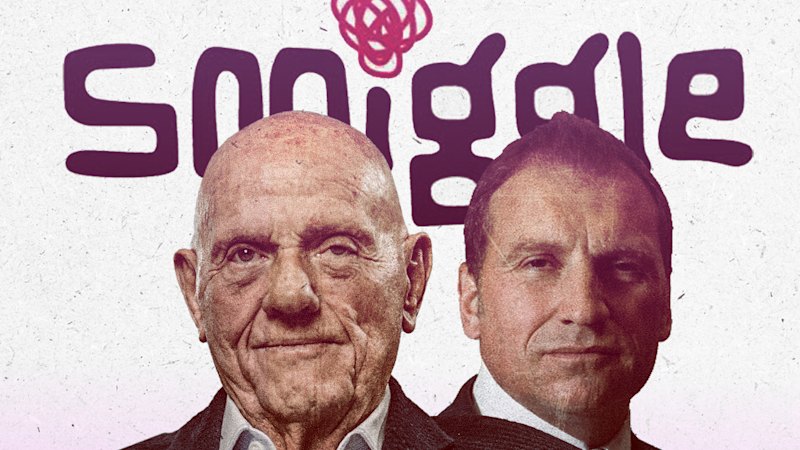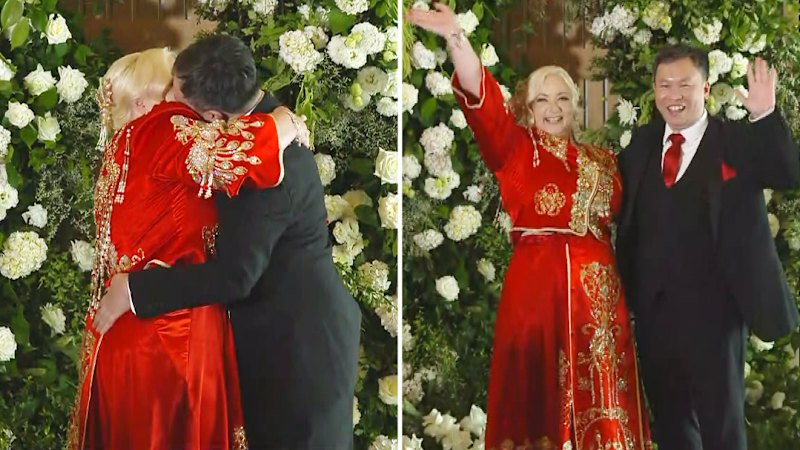
Australian retail magnate Solomon Lew is confronting significant challenges as sales for his stationery brand Smiggle continue to falter. This situation has been exacerbated by the absence of a chief executive for over a year following the departure of John Cheston, who was dismissed in September 2022. The combination of leadership issues and declining performance raises questions about the future of the brand, which Lew has long viewed as a cornerstone of his retail empire.
Lew, who commands considerable influence in the retail landscape, recently diverted attention during a briefing for Premier Investments, the parent company of Smiggle. He made a series of allegations regarding Cheston’s tenure, claiming the ongoing investigation into the company revealed instances of gambling, intoxication, sexual harassment, and bribery. “People being out of the office in office hours, returning intoxicated, they’d been out gambling all day … it’s almost a miniseries,” Lew stated, although he did not directly implicate Cheston.
Leadership Turmoil and Sales Decline
Cheston had already announced his resignation to join rival billionaire Brett Blundy as CEO of Lovisa, a jewellery chain, prior to Lew’s decision to terminate his employment. This transition has complicated the planned spin-off of Smiggle into a separately listed entity, which has now been put at risk.
Despite the strong performance of Lew’s pyjama brand Peter Alexander, Smiggle is struggling. The brand experienced a double-digit decline in sales last year, attributed to “continued cost-of-living pressures across global markets,” according to Premier Investments. With competition intensifying, particularly from platforms like Temu, which offers low prices and a gamified shopping experience, Smiggle’s position appears increasingly precarious. A recent survey by UBS indicated that more than 20 percent of consumers plan to shop at Temu this year, a clear signal of shifting market dynamics.
The broader implications of Cheston’s departure and Lew’s subsequent remarks highlight the instability within the company. Cheston’s lawyers have responded to Lew’s comments, asserting that the former CEO’s decision to leave was strategic and not influenced by any wrongdoing. “The truth is Mr Cheston declined Premier’s offer to lead a separately listed Smiggle business and instead resigned to accept a CEO role for another publicly-listed retail company,” they stated. “Mr Cheston has moved on, and Premier should do the same.”
The Road Ahead for Smiggle
As Lew, now 80 years old, navigates these turbulent waters, the search for a new CEO to lead Smiggle’s global expansion is critical. The future of the brand hinges on finding effective leadership capable of revitalizing sales and addressing competition. Holding onto grievances against Cheston may not serve Premier Investments well in the long term.
With the stakes now raised, Lew’s ability to adapt to the evolving retail landscape will be tested. The outcome of Smiggle’s struggles could have lasting implications for Lew’s business empire, particularly as he seeks to reaffirm the brand’s significance in a crowded marketplace. The next steps taken by Premier Investments will be closely monitored by industry observers and competitors alike.







